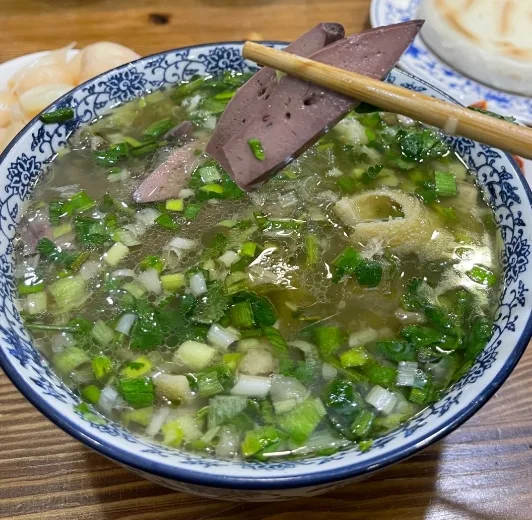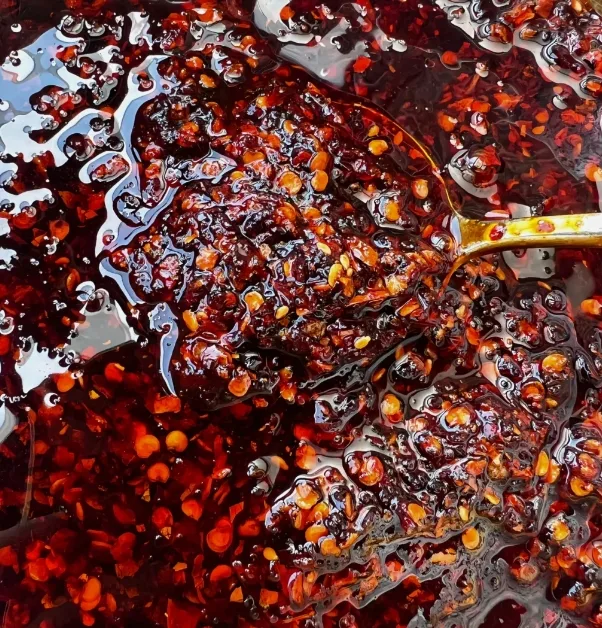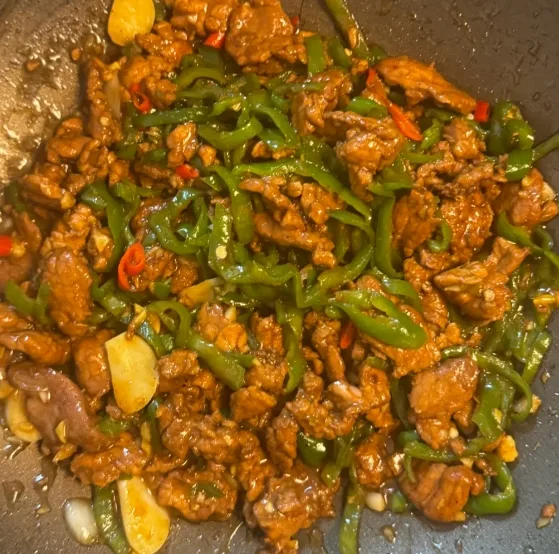White sugar and rock sugar are two common sugar condiments in daily life. Although they look similar, they have obvious differences in production process, ingredients, uses and health effects. Understanding their differences can help us better choose the right sugar condiments and make cooking and health more scientific and reasonable.
Different production processes
The main ingredients of white sugar and rock sugar are both sucrose, but the production methods are very different.
White sugar is extracted from the juice of sugarcane or beets, filtered, concentrated and crystallized, and has fine particles and is easy to dissolve.
Rock sugar is based on white sugar, and then undergoes multiple dissolutions, purifications and low-temperature crystallizations to form large crystals, so it has a harder texture and higher transparency.
Simply put, rock sugar is a reprocessed product of white sugar, with higher purity and fewer impurities.
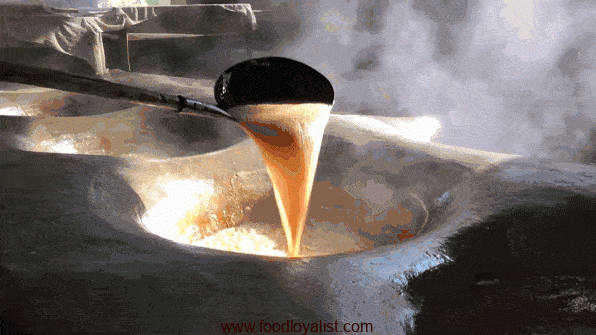
Differences in appearance and taste
White sugar has small particles, white powder or granules, and tastes sweet and direct, and dissolves quickly.
Rock sugar has larger crystal particles, usually in transparent or translucent blocks, with a pure sweetness but not as strong as white sugar, and a slight cool feeling in the mouth.
Rock sugar has a crystal-clear appearance and is often considered more “high-end”, suitable for cooking desserts or as medicine.
Differences in sweetness and uses
Although both white sugar and rock sugar can be used for seasoning, they have their own strengths in sweetness and applicable scenarios.
White sugar is sweeter and easier to dissolve. It is often used in cooking, baking and beverage seasoning, such as cakes, coffee, milk tea, etc. Because it dissolves quickly, it is suitable for dishes that quickly increase the sweetness, such as sweet and sour spareribs, syrup making, etc.
Rock sugar is less sweet and dissolves slowly, but its sweetness is pure, suitable for soups, stews and medicinal foods, such as rock sugar stewed pears and red dates and white fungus soup. Rock sugar has fewer impurities and can neutralize bitterness or fishy smells during stewing, which can highlight the flavor of the ingredients themselves.
Nutritional content and health effects
Although the main ingredients of white sugar and rock sugar are both sucrose, the impurity content and ingredients are slightly different due to different processing methods.
White sugar is rich in pure sucrose, high in calories but without other nutrients. Long-term excessive intake may lead to blood sugar fluctuations and obesity risks. Because of its small particles, it is easy to adhere to the surface of teeth. If it is not cleaned in time, it may increase the risk of tooth decay.
Rock sugar has few impurities, high sucrose purity, and is often considered “neutral” in traditional Chinese medicine. It is suitable for nourishing and relieving coughs. Although it is relatively healthy, it also needs to be consumed in moderation. Excessive consumption will still increase the blood sugar burden.
It should be noted that both white sugar and rock sugar are “added sugars” and should not be consumed too much.
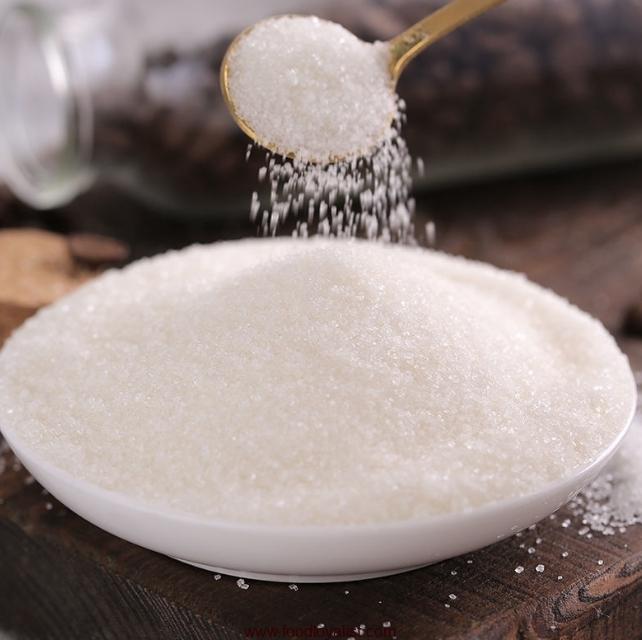
Choice of cooking technique
Depending on the specific dishes and needs, choosing white sugar or rock sugar can make the food more delicious:
Scenarios suitable for white sugar:
Making dishes that need to quickly enhance the flavor, such as sweet and sour dishes; desserts or drinks that need to dissolve quickly, such as coffee and juice.
Scenarios suitable for rock sugar:
Stew dishes that require a long time to purify the sweetness, such as nourishing soups, braised pork, medicinal food and dessert soups.
If you pursue health, you can try to reduce the amount of sugar used, or use natural sweet substitutes, such as honey or sugar substitutes.
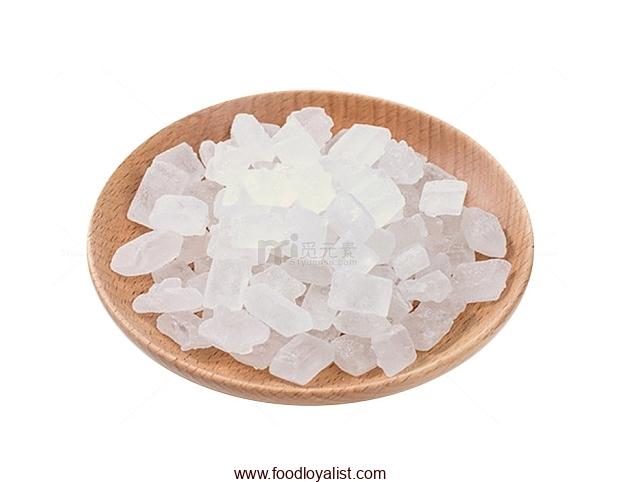
Final summary
Although both white sugar and rock sugar are cane sugar, they differ significantly in production process, taste, sweetness and usage. White sugar is suitable for fast-paced cooking, while rock sugar is more suitable for slow-cooked desserts and medicinal seasoning. No matter which one you choose, you need to pay attention to moderate intake to avoid excessive intake of sugar that affects your health.
Health Tips:
In your daily life, try to reduce your sugar intake and pair it with fruits or other naturally sweetened ingredients to make your diet healthier and more balanced.


